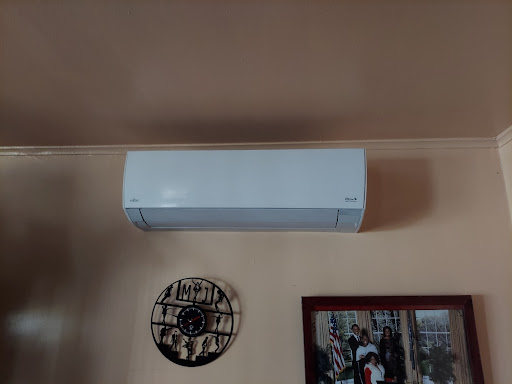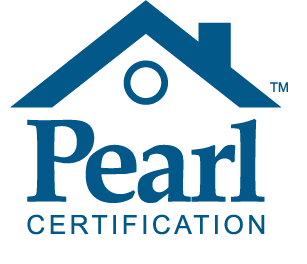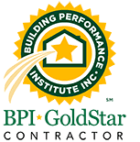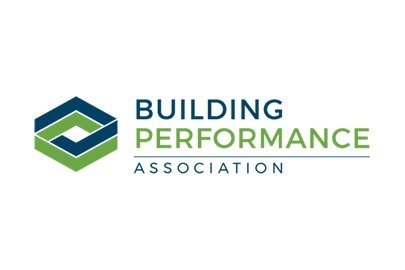The Insulation Tax Credit
The insulation tax credit, also called the Energy Efficient Home Improvement Credit, allows eligible homeowners to receive a federal tax credit of up to $1,200 annually for upgrades like insulation and air sealing.
Home Efficiency Experts can help ensure that your work qualifies for this insulation tax credit. Reach out today to see how much you could save with the insulation tax credit and other available incentives and rebates.
Talk to Home Efficiency Experts to learn more about the 25C Insulation Tax Credit!
631.406.9805
What Is a Tax Credit?
Homeowners sometimes ask us if home insulation is tax deductible. Tax credits and tax deductions are similar tax breaks, but they’re not the same. A tax credit reduces the amount of taxes you owe, while a tax deduction reduces your total taxable income. The insulation tax credit only applies to federal taxes, not state taxes.
How Does the 25C Insulation Tax Credit Work?
The 25C tax credit (25C refers to the relevant section of the IRS tax code) allows you to take a federal tax credit equaling 30% of the total cost for a variety of energy efficiency home upgrades, including qualifying insulation and air sealing expenses. There is an annual maximum credit of $1,200 for the category of upgrades that includes insulation.
Attic insulation, wall insulation, basement insulation, and crawl space insulation all qualify for the credit, as do many different types of insulation materials, as long as certain insulation levels are met. Home Efficiency Experts will work with you to ensure that your insulation work is eligible.
How Does the 25C Insulation Tax Credit Work?
The 25C tax credit (25C refers to the relevant section of the IRS tax code) allows you to take a federal tax credit equaling 30% of the total cost for a variety of energy efficiency home upgrades, including qualifying insulation and air sealing expenses. There is an annual maximum credit of $1,200 for the category of upgrades that includes insulation.
Attic insulation, wall insulation, basement insulation, and crawl space insulation all qualify for the credit, as do many different types of insulation materials, as long as certain insulation levels are met. Home Efficiency Experts will work with you to ensure that your insulation work is eligible.
Benefits of the 25C Tax Credit for Insulation and Air Sealing
Taking advantage of the insulation tax credit means that you’ll see all of the benefits of improving the energy efficiency of your home: lower energy bills, improved home comfort, and a house that’s better for the environment. But there are additional benefits unique to this specific tax credit:
Available to Anyone With Federal Tax Liability
If you pay federal taxes, you can claim your insulation tax credit! This is a national incentive available to any homeowner, unlike many rebate programs.
Can Be Combined With Other Incentives and Insulation Rebates
But if you do qualify for other incentives, the 25C tax credit is a great opportunity for additional savings, making upgrading your home even more affordable.
$150 Credit for Energy Audits
If your eligible tax credit for insulation and air sealing work doesn’t reach the $1,200 annual maximum, you can also take a 30% credit—with a limit of $150—for any energy audit related costs.
Calculated Separately From Heat Pump Upgrades
The 25C homeowner tax credit covers a number of different energy-efficiency upgrades for your home, and insulation and air sealing upgrades are in a separate category from heat pump HVAC systems and heat pump water heaters. This means that you can take both a $1,200 insulation tax credit and a $2,000 heat pump tax credit in the same year, for as much as $3,200 in total tax credit savings!
How to Claim Your Tax Credit
Claiming your tax credit for insulation and air sealing upgrades is straightforward:
- Verify Eligibility: Home Efficiency Experts will verify with you that the insulation work we’ve done for you meets the criteria for tax credit eligibility.
- Keep Your Receipts: We will also provide you with an invoice breaking down the tax-credit-eligible portion of your work. You’ll need this when you or your accountant goes to file your taxes for the year in which work was done on your home.
- File IRS Form 5695 or consult a Tax Professional:* When you file your taxes, remember your tax credit!
*At Home Efficiency Experts, we have a tax professional prepare our taxes, and recommend that you do, too. Our goal is to be as helpful as possible in ensuring you get your tax credit, but we’re experts in insulation, not taxes!
Save up to $1,200 in tax credits when you insulate your home with Home Efficiency Experts. Call 631-406-9805 or Contact us online today to learn more.

Tax Credits
For Insulation
Save up to $1,200 in tax credits when you insulate your home with Home Efficiency Experts. Call 631-406-9805 or Contact us online today to learn more.

Heat Pumps vs. Central Air: Which Is Best for Long Island Homes?
Choosing an effective and efficient cooling system is one of the most important home comfort...
News 12 Long Island’s Elizabeth Hashagen takes a look at










